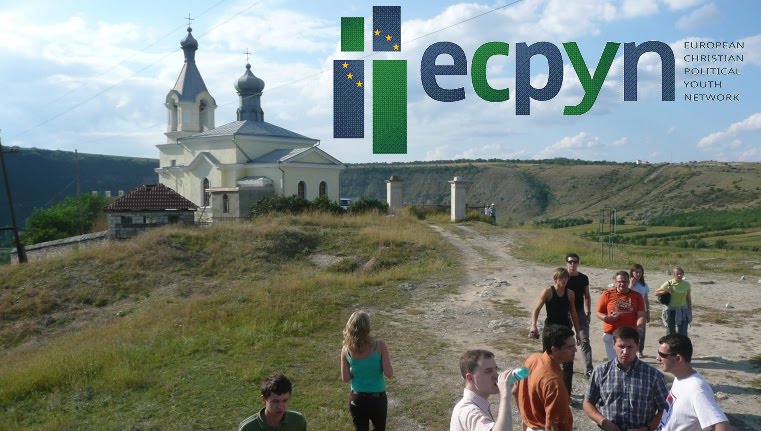Thursday afternoon workshops were given by Leo van Doesburg and Jonathan van Tongeren. Leo spoke about vertical and horizontal integration in the European Union, how they should always go together, but also how far they should go.
Jonathan put forward the hypothesis that the battle between church and state has become an important part of European identity, since the balance in the marriage of those two was lost, which resulted in an ongoing violent divorce of church and state, in which the state keeps intimidating, abusing and violating the church. He argued hence that the separation of church and state may be a nice idea, but is does neither exist nor apply to concrete reality. He went on to argue that as Christians we should always be skeptical of abstract notions like separation of church and state, equality, free market, democracy et cetera. If such concepts are applied in an ideological way they can be very dangerous. Especially because there is no equally strong entity left in society to stand up against the state in case of violation of natural law, biblical norms or moral ethics in general.
After a break former minister of finance and now member of parliament of Albania, Arben Malai spoke to the congress about the costs of the Balkan conflict. He also discussed how long it would take for Balkan countries to catch up with Western Europe in an economic sense, concerning which he presented some staggering figures.
After dinner Henk Jan van Schothorst, political advisor of the SGP at the Netherlands Institute for Multiparty Democracy (NIMD) and former policy advisor to an MEP and coordinator Foreign Affairs for the, now defunct, European Political Group Independence/Democracy (IND/DEM), spoke about the reasons for starting European integration after the Second World War, the most important of which was obviously to have stability and peace. He then drew lines regarding stability and peace to our present time and the future.
Welcome to the ECPYN blogspot!
This blogspot was started by the participants of the 5th International Summer School of ECPYN in Chisinau, Moldova, August 24-29 2008.
You can also visit our official website at www.ecpyn.org, follow ECPYN on Twitter or join our facebook group. Opinions expressed on this blog do not necessarily represent official ECPYN positions.
Saturday, August 15, 2009
Church and State, vertical and horizontal integration, Costs of the Balkan conflict
Subscribe to:
Post Comments (Atom)




No comments:
Post a Comment